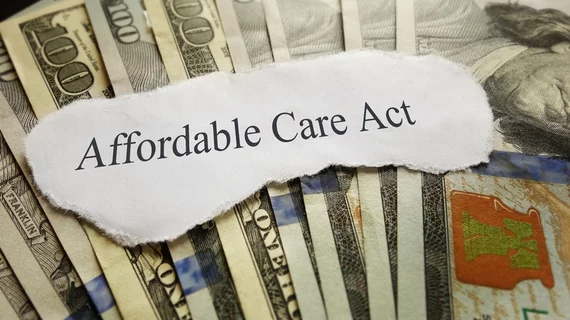Trump claims ACA is dead—but IRS still plans to enforce employer mandate
At last week’s campaign-style rally in Michigan, President Donald Trump claimed he’d done away with the Affordable Care Act (ACA) when the 2017 tax bill repealed the individual mandate that required most people to have health insurance or pay a penalty.
“Essentially, we’re getting rid of Obamacare,” he said. “Some people would say, essentially, we have gotten rid of it.”
Plenty of folks at the Internal Revenue Service (IRS), though, would disagree with the president. A recent report from the New York Times examines IRS action to enforce the employer mandate, which requires companies with more than 50 full-time employees to provide health insurance or face a hefty fine. The IRS is planning to send out penalty notices to more than 30,000 businesses in the U.S.
The Congressional Budget Office estimated total fines from the employer mandate for 2018 would top $12 billion. But many are calling for the IRS to stop enforcing the law, considering the individual mandate has been scrapped.
“What I am asking at this point is for the I.R.S. to continue not to enforce it, as is what took place under the Obama administration,” said Rep. Jody Hice, Georgia-R, a vocal opponent to the employer mandate, in April. “What I am asking at this point is for the I.R.S. to continue not to enforce it, as is what took place under the Obama administration.”
Read more about arguments for and against the mandate at the New York Times:

